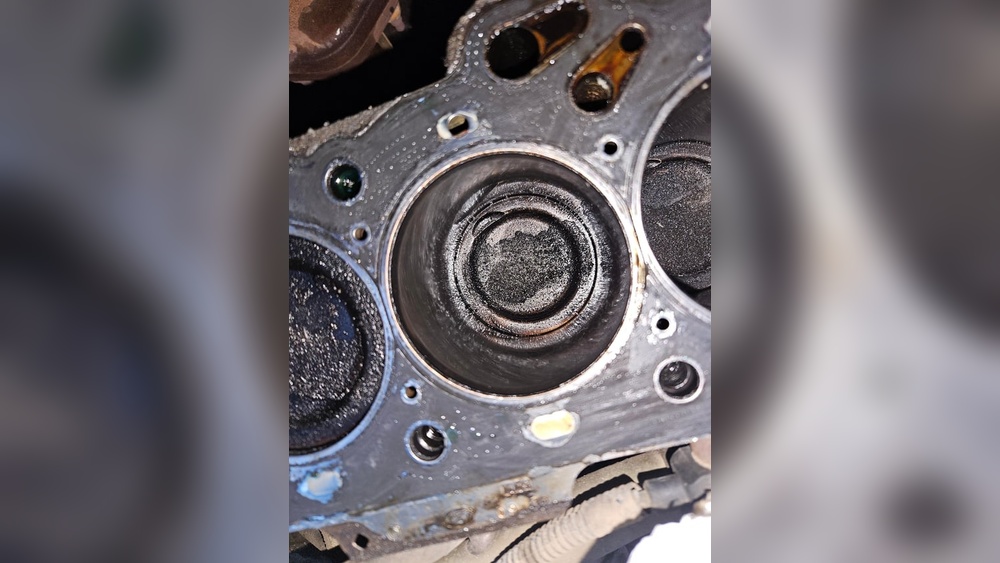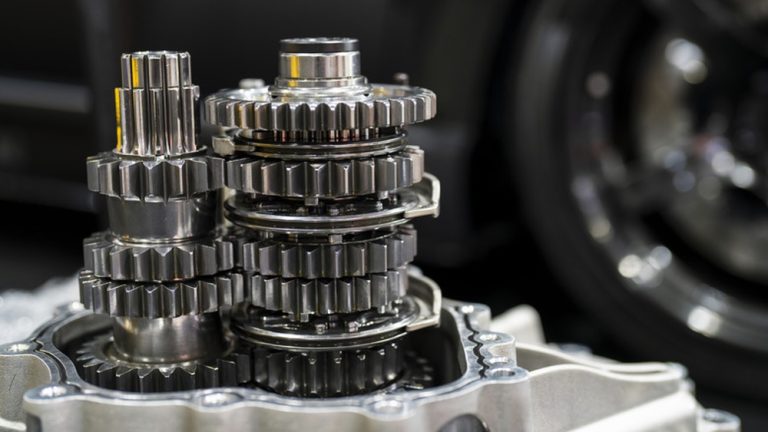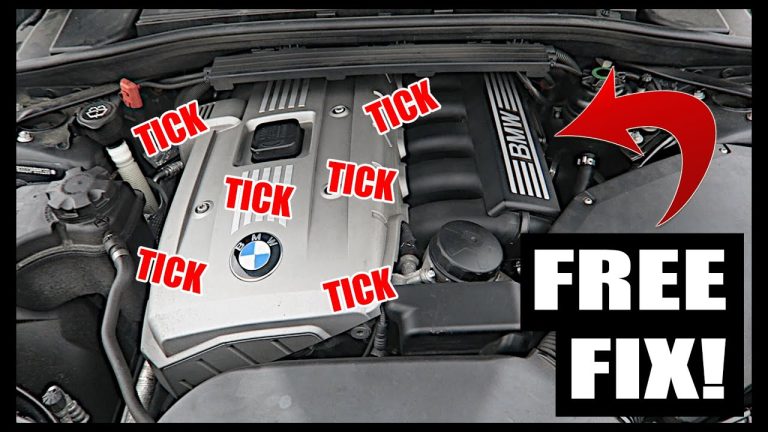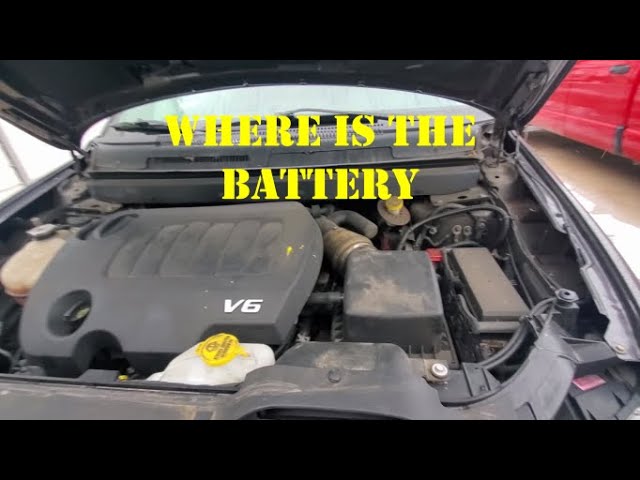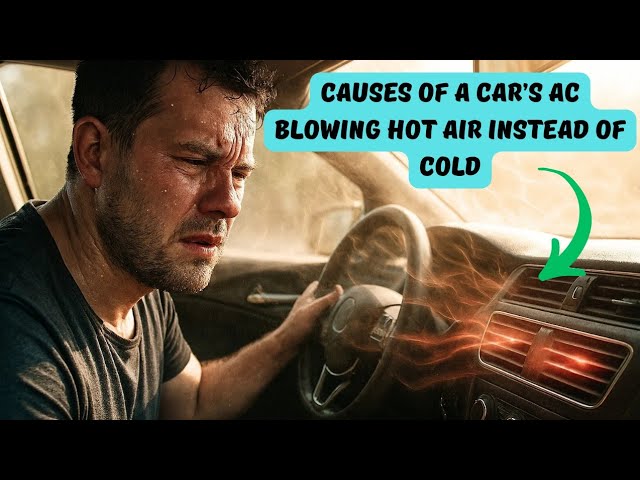Car Losing Oil But No Leak Or Smoke: Causes & Quick Fixes
If your car is losing oil but shows no leaks or smoke, it may be burning oil internally due to worn piston rings, valve seals, or PCV issues. Oil can also be trapped in the engine or consumed slowly. Regular checks and timely repairs prevent major engine damage.
You might wonder if your engine is damaged or if there’s a hidden problem you don’t know about. The truth is, oil loss without visible signs is more common than you think. Understanding why this happens can save you time, money, and stress.
You’ll discover the surprising reasons behind oil loss with no leaks or smoke—and what you can do to fix it before it turns into a bigger issue. Keep reading to protect your car and keep it running smoothly.

Credit: www.reddit.com
Car Losing Oil But No Leak Or Smoke
Common Reasons For Oil Loss
Car oil loss without leaks or smoke puzzles many drivers. Oil is vital for engine health and smooth running. When oil disappears, the engine may suffer damage. Understanding why oil is lost helps protect your car. Some causes are hidden inside the engine, not visible outside. These common reasons explain why oil fades away silently.
Read more: Why is My Car Aircon Not Blowing Cold Air: Top Fixes Explained
Worn Engine Components
Engine parts wear out with time and use. Worn piston rings and cylinder walls let oil slip into the combustion chamber. The oil then burns during engine running. This process does not create visible smoke at first. Oil loss happens quietly but steadily. Regular engine wear leads to gradual oil consumption.
Faulty Valve Seals
Valve seals stop oil from entering the engine cylinders. When seals crack or break, oil seeps past them. The oil burns inside the engine with fuel. This burning does not always cause smoke outside. Faulty valve seals cause oil loss without clear signs. They need checking during engine service.
Pcv Valve Issues
The PCV valve manages engine pressure and controls oil flow. A stuck or damaged PCV valve can cause oil to enter the intake system. This oil then burns off in the engine. The problem leads to oil loss without leaks or smoke. Checking the PCV valve helps prevent unseen oil loss.
Read more: Car Battery Hot And Smells Like Sulfur: Causes & Quick Fixes
Signs Of Internal Oil Consumption
Cars can lose oil without showing clear leaks or smoke. This often means the oil is burning inside the engine. Knowing the signs helps catch problems early. It can save money and prevent engine damage.
Internal oil consumption is tricky to spot. The oil disappears quietly, with no obvious signs outside the engine. Watch for subtle clues that point to this issue.
Blue Exhaust Smoke Absence
Blue smoke from the exhaust is a common sign of burning oil. But sometimes, the engine burns oil without producing this smoke. This happens when the burning is slow or the smoke is very light. You might not see any color change in the exhaust. The oil still burns inside, just less visibly.
Do not rely only on smoke to detect oil consumption. Check other signs regularly.
Oil Level Drops Without Visible Leak
One clear sign is the oil level dropping with no leaks on the ground. Check the oil level often using the dipstick. If it drops fast but no puddles appear, oil is likely burning inside. This means the engine uses oil during normal running. It needs attention to avoid bigger problems.
Keep track of oil levels and refill as needed. This helps prevent engine damage and keeps your car running smoothly.
Diagnosing Hidden Oil Leaks
Sometimes, a car loses oil without clear signs of leaks or smoke. This situation can confuse many drivers. Small leaks or internal issues may cause oil loss. Finding these hidden leaks needs careful checks. Simple steps can help spot where the oil goes.
Pay close attention to parts that hold or seal oil. Check areas that often wear out or get loose. A clean and dry engine can help detect fresh oil spots. Use these tips to find hidden oil leaks in your car.
Inspecting Gaskets And Seals
Gaskets and seals stop oil from escaping the engine. Over time, heat and pressure can crack or wear them out. Look for oil stains around the valve cover gasket and oil pan gasket. Check the seals around the crankshaft and camshaft too. Even a small crack can cause oil loss. Replace any damaged gasket or seal quickly.
Checking Oil Filter And Drain Plug
The oil filter and drain plug are common leak points. The oil filter must fit tightly to avoid leaks. Check if the filter is loose or damaged. The drain plug should be secure and have a good washer. A loose or missing washer lets oil drip out. Always tighten the plug to the right level. Replace the washer if it looks old or worn.
Quick Fixes To Stop Oil Loss
Oil loss without visible leaks or smoke can confuse many car owners. Quick fixes help reduce oil consumption and protect your engine. Acting fast avoids bigger problems and costly repairs.
These simple steps save time and money. They keep your car running smoothly until you can get a full checkup.
Using Oil Additives
Oil additives help seal small gaps inside the engine. They thicken the oil slightly to reduce slipping past worn parts. Using the right additive can lower oil use and improve engine health.
Pour the additive into the engine oil as per the product instructions. Drive the car gently after adding it. The additive works by filling tiny cracks and restoring compression.
Replacing Faulty Parts
Worn or damaged parts cause oil loss without visible leaks. Common culprits include valve seals, piston rings, and gaskets. Replacing these parts stops oil from escaping inside the engine.
Check for worn seals or damaged components during regular maintenance. Fixing or replacing faulty parts keeps oil in place and prevents engine damage.
Preventive Maintenance Tips
Preventive maintenance plays a key role in stopping your car from losing oil without visible leaks or smoke. It helps spot small issues before they grow into big problems. Taking care of your engine regularly keeps it running smoothly and saves money on repairs.
Regular Oil Changes
Change your car’s oil on time. Old oil breaks down and loses its ability to protect engine parts. Use the right type of oil recommended by the car maker. Fresh oil keeps the engine clean and reduces wear. It also helps catch oil consumption problems early.
Monitoring Engine Performance
Keep an eye on how your engine runs. Notice any strange noises or drops in power. Check the dashboard for warning lights. Regularly inspect spark plugs and air filters. Poor engine performance can cause oil to burn inside, even without leaks or smoke.

Credit: www.reddit.com

Credit: www.reddit.com
- Internal engine wear like damaged piston rings or valve seals may cause oil consumption without visible leaks or smoke.
- A faulty PCV (Positive Crankcase Ventilation) valve can pull oil into the intake and burn it silently.
- Oil may also be trapped or slowly consumed during normal operation, requiring frequent checks.
Frequently Asked Questions
Why Is My Car Losing Oil Without Visible Leaks?
Oil can burn inside the engine or leak into places you can’t easily see, causing loss without visible leaks.
Can Engine Problems Cause Oil Loss Without Smoke?
Yes, worn piston rings or valve seals can burn oil silently, leading to oil loss without smoke or smell.
How Often Should I Check Oil If No Leaks Or Smoke Appear?
Check your oil level every 1,000 miles or once a month to avoid engine damage from low oil.
Conclusion
Car losing oil without leaks or smoke can be confusing. It often means the engine burns oil inside. This can happen if seals or rings wear out. Checking oil levels regularly helps avoid damage. Pay attention to unusual engine noises or performance drops.
Fixing small problems early saves money later. Always use the right oil type for your car. Regular maintenance keeps your engine healthy and running smooth. Don’t ignore oil loss—it affects your car’s life. Stay alert and take action quickly to protect your vehicle.

